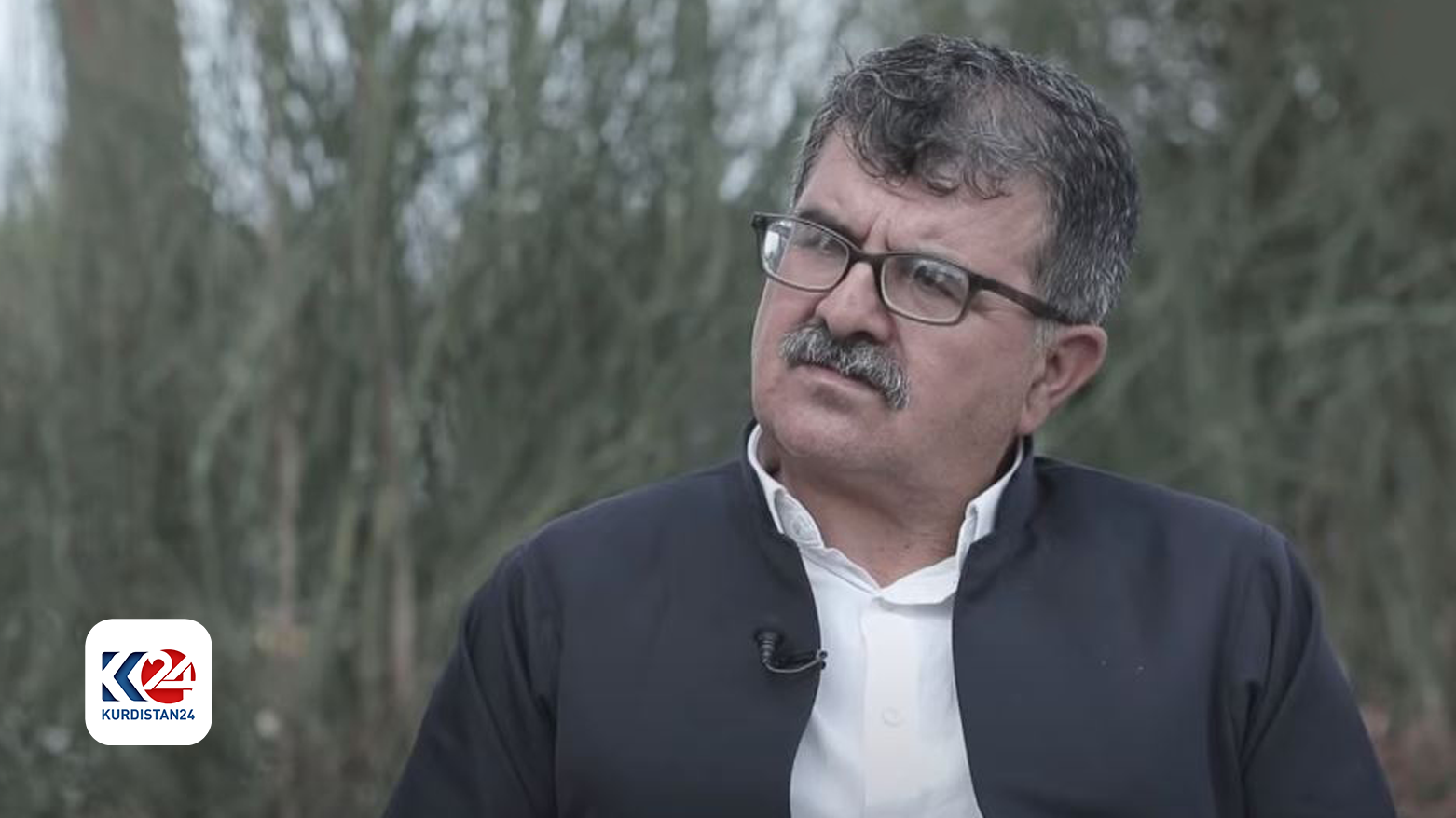Iraqi indifference continues: Halabja victims' cries unheeded

ERBIL (Kurdistan 24) – On Saturday, during a debate organized by Kurdistan 24, the head of the Halabja Chemical Attack Victims Association Luqman Abdulqadir stated that the Iraqi government does not feel obliged to respond to the Halabja chemical attack case.
Luqman Abdulqadir highlighted that the Iraqi government has not accepted the obligation to respond to the Halabja chemical attack crime in general and the victims in particular.
"We as the victims' association have visited Baghdad during the reign of all Iraqi prime ministers; successive delegations have come to Halabja to see the victims of chemical attack; however, thus far they have been to no avail," he said.
Abdulqadir denounced the Iraqi government’s attitude toward the people of Halabja, stating that the Iraqi government still treats Halabja and Kurdistan Region’s residents in general, as second-class citizens.
“There is unmistakable indication by the Iraqi government of discrimination between the citizens of the Kurdistan Region and other Iraqi provinces.” He remarked.
As a result, Mr. Abdulqadir underlined that, since the Iraqi regime has not been responsive to their requests, “as representative of the victims of Halabja, we turn to Kurdistan Region to provide improved efforts to enhance living circumstances of the Halabja attack victims and provide necessary medical surgeries for them.”
Comparing the current Iraqi government’s treatment of the Kurdistan Region to the monstrosity of Halabja massacre by the previous regime, Mr. Abdulqadir underscored that, “Before, the Iraqi state gassed Halabja and Balisan, but now they are targeting the entire Kurdistan Region as a political entity.”
“Perhaps the people in charge have changed in the Iraqi state and its government, but the mentality remains the same,” he added.
According to the estimates provided by Mr. Abdulqadir, the total number of victims of the Halabja chemical attack registered in the Kurdistan Region is 808 people. The victims are from Halabja, Shaqlawa, Balisan and Dukan.
Additionally, he pointed out that there have discrepancies in the correct number of the victims of Halabja, claiming that there have been registered victims that have never lived in Halabja.
“We urge the Kurdistan Region to create a committee of experts to revise the list of victims that had been prepared by the previous committee. The problem was that the previous committee did not have proper expertise in cases of chemical attacks and genocide,” he explained.
In his closing statement, Mr. Abdulqadir starkly emphasized the profound despair surrounding the Iraqi state and its government's inability to address the enduring agony and plight of the Halabja victims. "We must rely on international pressure to compel Iraq to provide restitution for these victims," he declared.
Read More: 36 years later, Halabja survivors await compensation amid Iraqi silence
